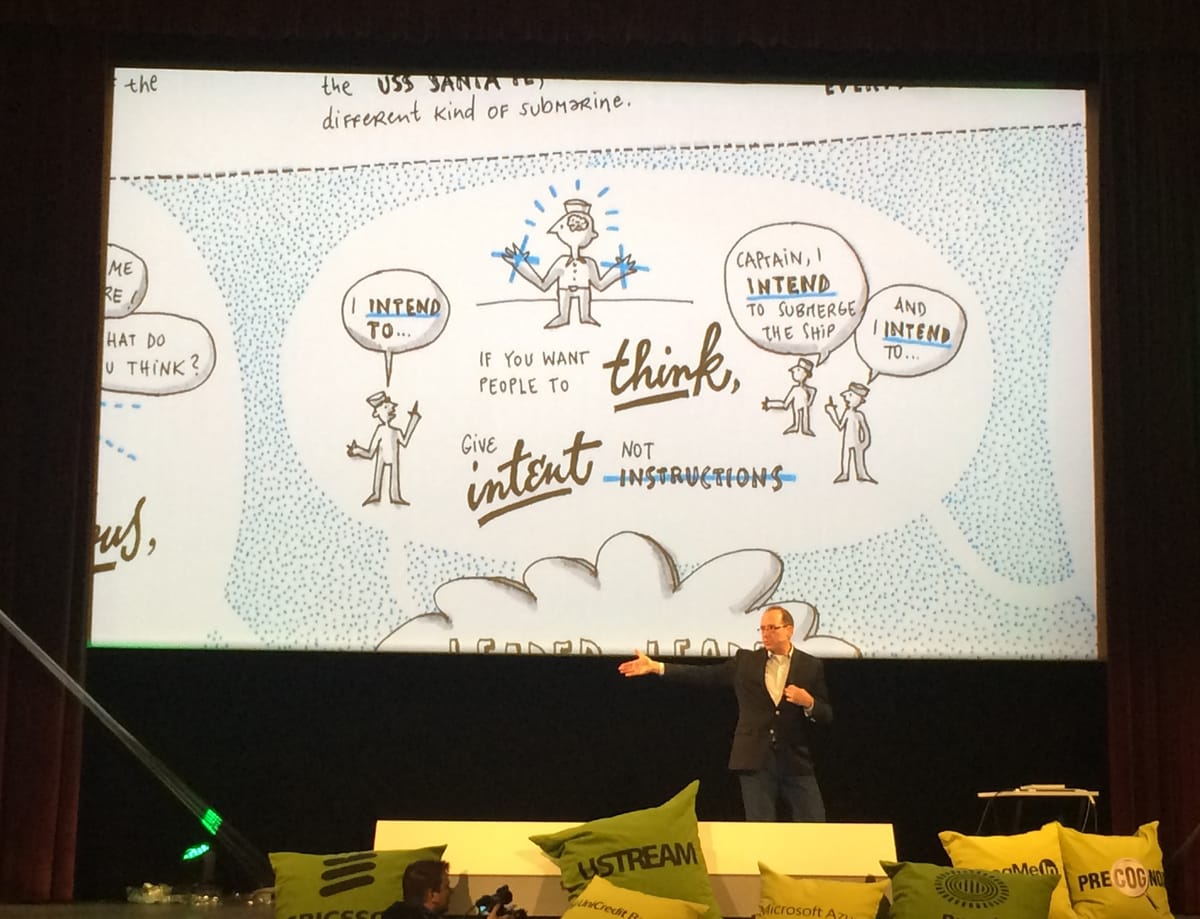Week 46-47, 2025 - Core and Growth

Is good Engineering Management a fad?
A passing symptom, an unintended, and quickly abandoned consequence of a time when funds were abundant and developers so scarce that companies were doing everything to attract them?
Will Larson's recent article was circulated in a small leadership community I'm a member of (if you speak Hungarian, check out the AVK Slack!), and I can't get it out of my head since then. The trends he's describing are facts, of course: EMs having to code, increasing expectations from developers to manage their own growth, be autonomous and efficient, because the company won't allocate much support for those areas. All these because of delivery pressure around AI and tech investments drying up.
I can't decide, though, if good Engineering Management is indeed a fad or a timeless value.
While I held various managerial positions before, my conscious leadership growth only started sometime in the early 2010s. This coincided with the beginning of the ZIRP era, when companies needed to invest in good leadership to ensure they could continue superscaling and remain competitive. Therefore, a group of management philosophies, ideas around Theory X and Y, Intent-Based Leadership, empowering teams and individuals, strength-based feedback and development, etc., were being (re-)discovered, or started to gain popularity. I socialized in this era as a manager, so it is difficult for me to separate what was a product of that time's needs, and what is indeed a universal leadership value.
Let me give it a try here!
Starting with the basics: The role of an Engineering Manager is to ensure that their team delivers outcomes aligned with company goals. There's no change in that: I think it's a timeless statement, by definition of the role of leading an engineering team. If this doesn't work, then the EM is underperforming. Everything else is secondary.
However, the methods of achieving this can be various, and a big set of techniques comes from the ZIRP-era toolbox. The cause of slow delivery might be a complicated PR review process, which itself might be rooted in low trust within the organization. Overengineered technical solutions could be the result of fear of conflict or a mismanaged brilliant jerk in the team. Etc. Even in times when the individual- and team support were the main focus of leadership philosophies, these were just a part of the toolkit of a good EM, keeping the ultimate goal in mind.
Caring about the team, its members, and optimizing processes are not orthogonal to focusing on execution, but are means to achieve that. Coding and higher-level technical contributions can also be means to the same goal, but, in my experience, usually with smaller impact, albeit on a shorter timescale.
So here it is: I don't think good Engineering Management is a fad, but I do think that every era has a particular set of needs, and a versatile EM can choose the appropriate tool to battle the day's challenges.
Speaking about increased technical expectations from line managers, we have a new The Retrospective podcast episode out exactly about this: Should Engineering Managers Code? Give it a listen to see what we think about the topic in depth.
🤔 Articles that made me think
Core and Growth Leadership Skills
I didn't talk about a big part of Will Larson's article above that covers self-development across leadership fads. His work on the eight foundational skills and the corresponding list of self-assessment questions on these areas is invaluable. Go on and click through if you scrolled past my personal struggles above.
How Forbes Sent E-mails to the Future—And What Happened 20 Years Later
20 years ago, Forbes packaged a little gimmick into a huge advertising deal and asked their readers to send emails to their future selves. It's interesting to follow the thinking of the organizers then: how they tried to ensure their system remains intact through the decades, and what happened to that seemingly redundant architecture since. In short, a lot of random events, and of course, the day saved by human relationships, not technology.
Not Technical Enough?
How a collaborative approach that focuses on integrating diverse voices, the strive to reach the best technical decision, can be seen as a weakness in an interview setting – and how to mitigate this negative perception. This is especially a problem for women in engineering because of hard-to-overcome, deeply internalized stereotypes. The advice of intentional communication and displaying experience-based decision-making is solid for everyone.
That’s it for today, don't believe the hype this weekend,
Péter